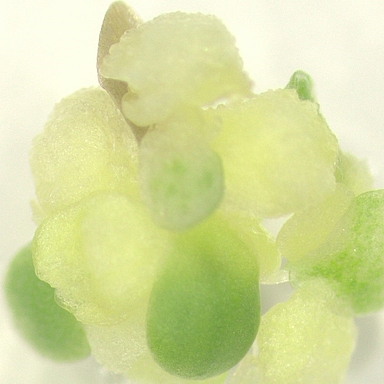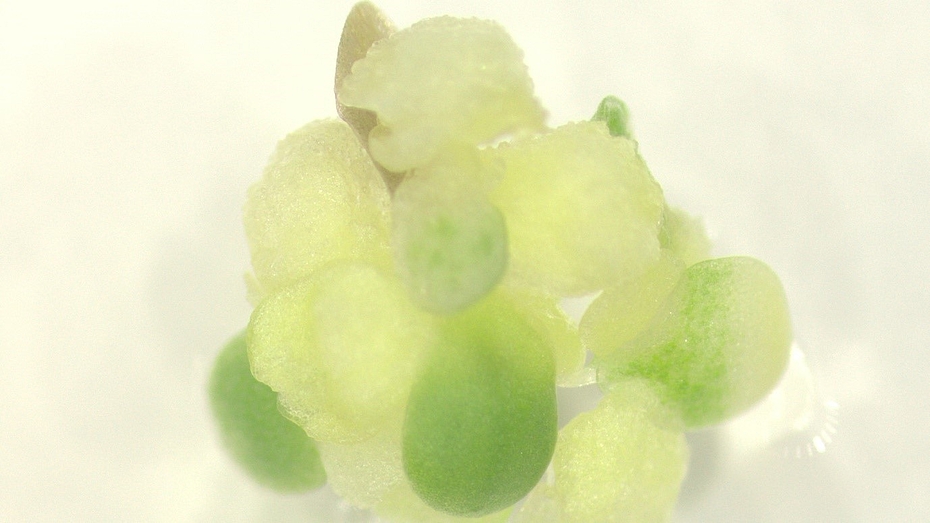Project A.16

- PhD student: Kris Georg Udo Künemund
- Supervisor: Shuqing Xu
- Co-Supervisors: Meret Huber
- Further TAC-members: Prof Andreas Wachter (Second reviewer)
- Research Group
We aim to develop a toolbox in Duckweed in which we can express pathways outside of their natural context.
The path to create a genetic toolbox requires us to unlock different methods of manipulation in Duckweeds. We look at Lemna aequinoctialis and Spirodela polyrhiza. We must first uncover the methodology of efficient and fast transformation and deliver the tools to allow precise manipulation of the resulting organism. Such a toolbox will include a collection of promotor systems that will allow adjusting the level of expression, as well as inducible and tissue dependent expression. Duckweeds are an ideal candidate here, as they are highly reduced angiosperms in morphology but also metabolism. This means there are depending on the species and genotype in question only little if any specialized metabolites. Lemna aequinoctialis represents an empty canvas so to speak.
I seek to use these tools to transfer the pathways for TMTT or SGA expression from Solanum lycopersicum while being able to modulate the pathway at will. In this way we could copy and paste complex pathways into a blank system and analyze the regulation or impose our own regulation and analyze the products after each successive state. In practice we could investigate detoxification, hormone regulation, signaling, feedback regulation and many many more concepts in this system.
Such a toolbox would also allow us the first step toward a eucaryotic bioreactor, capable of generating large scale manufacture of synthetic metabolites usable in the fields of medicine, engineering and food production among others.
